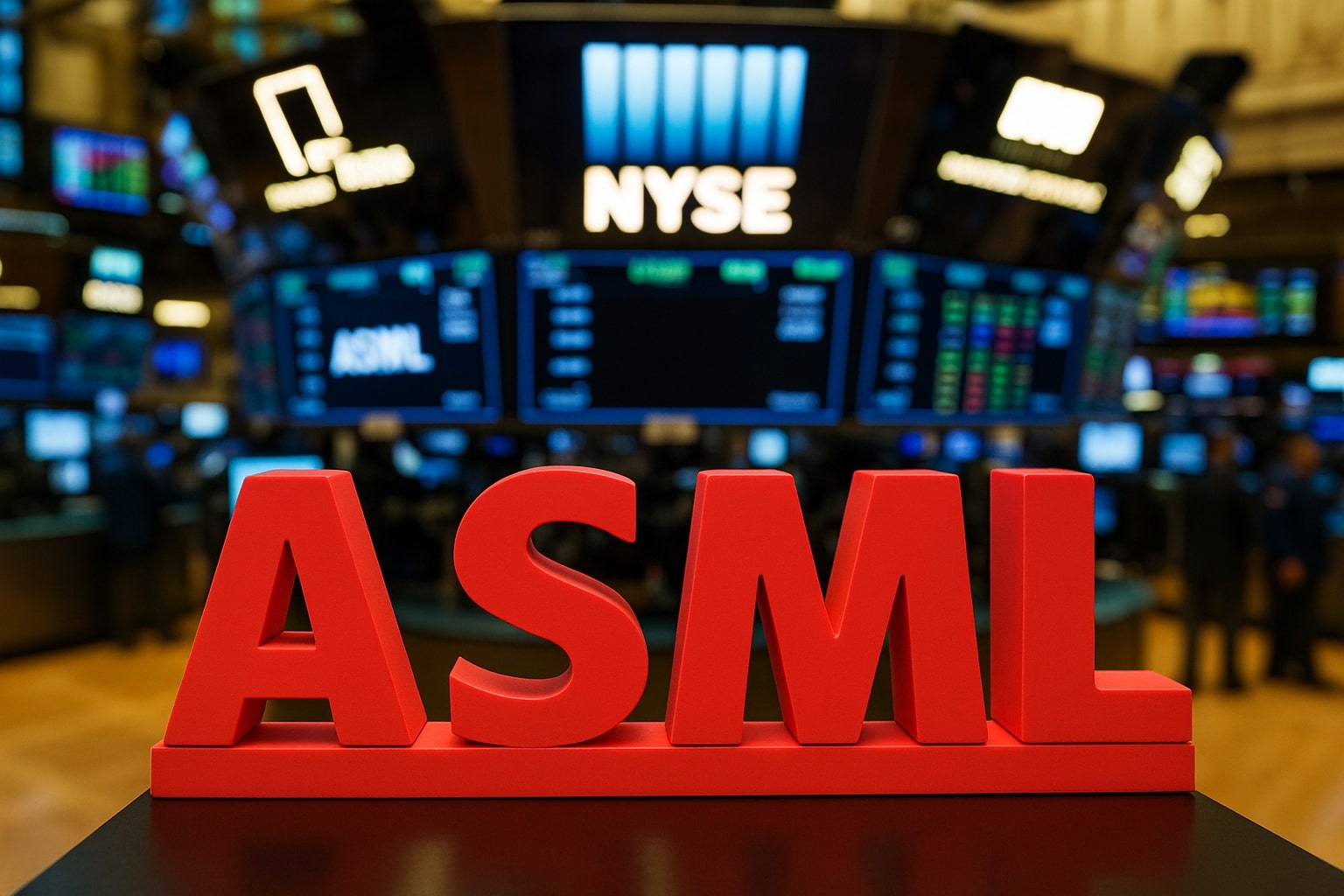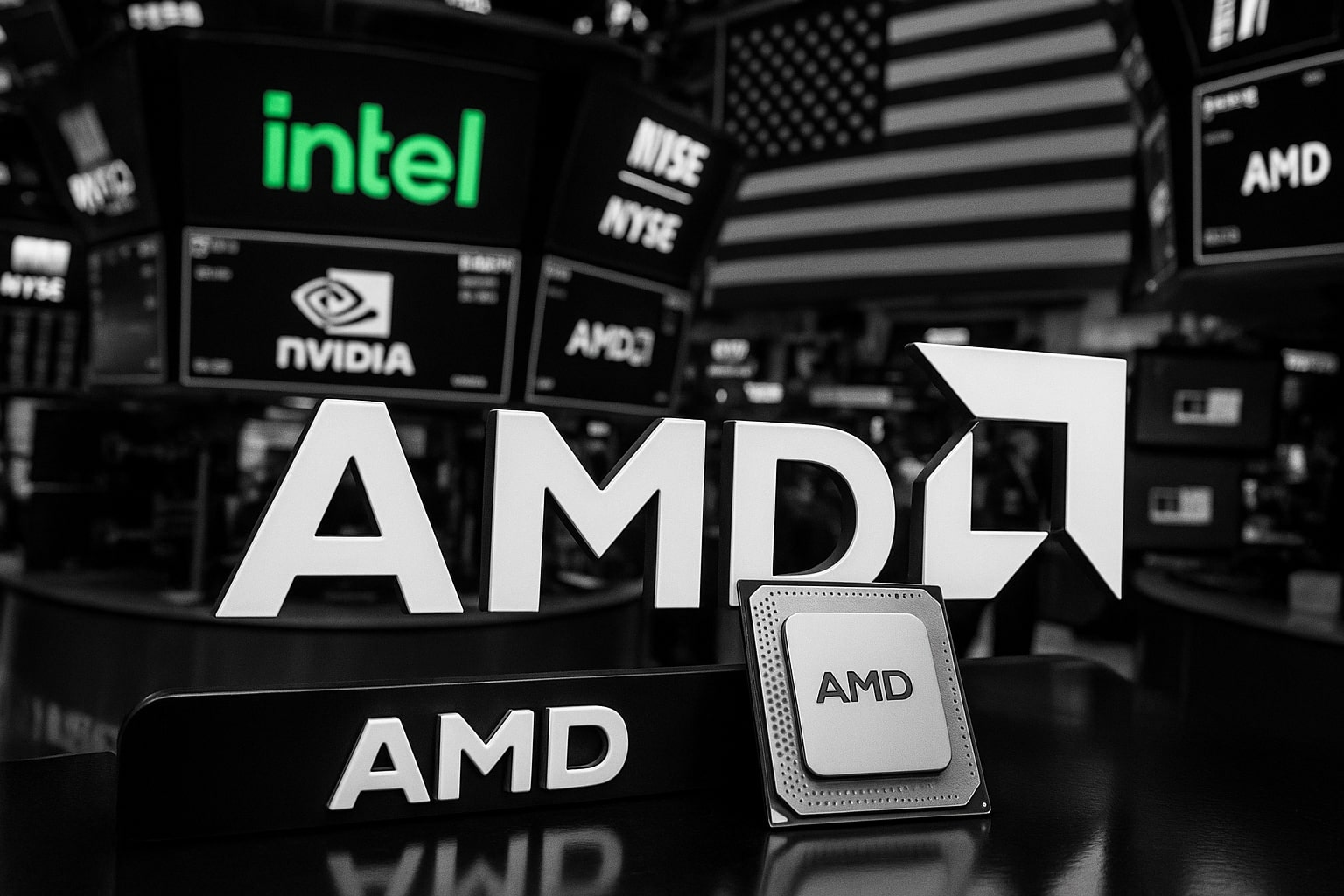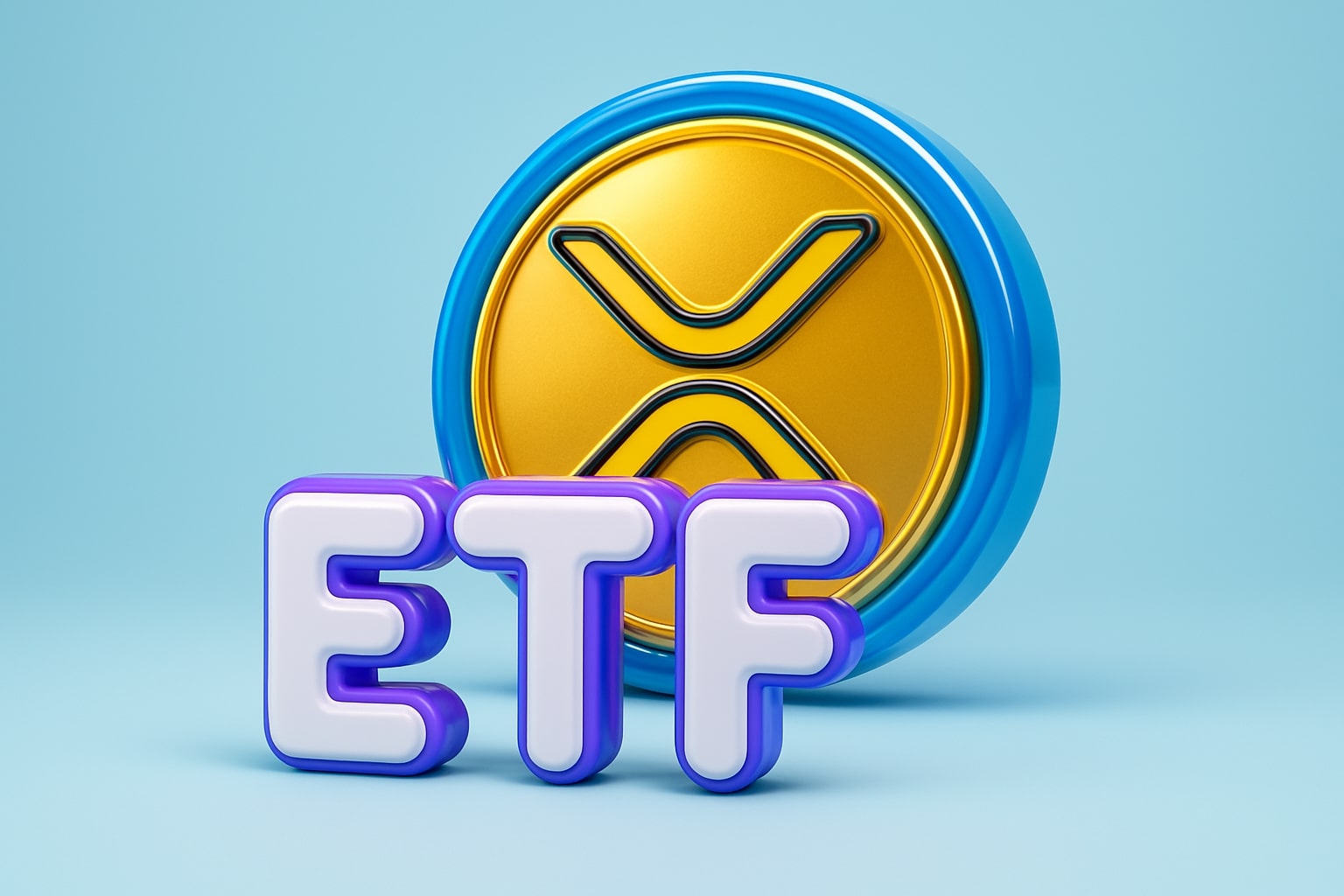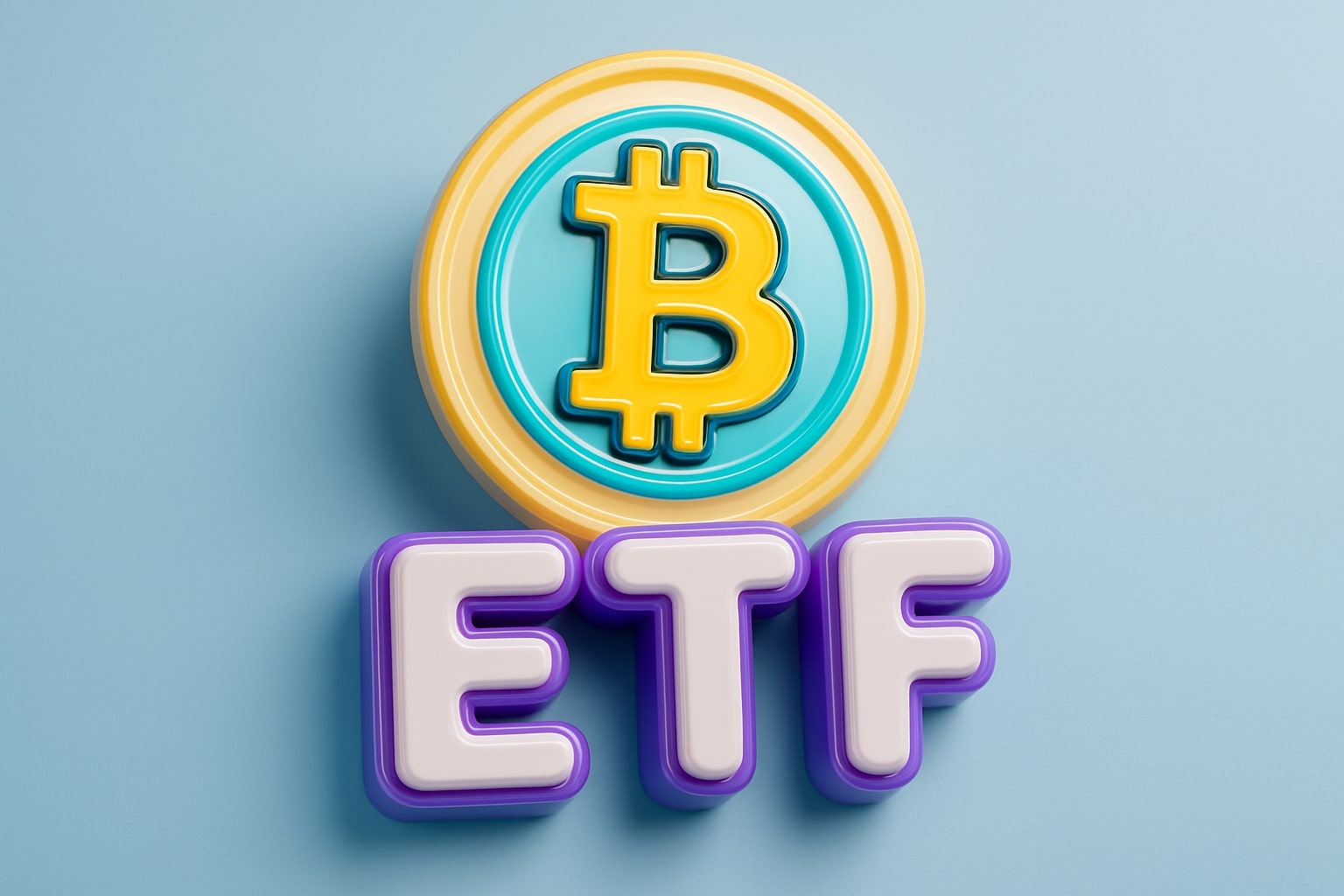AMD Shares Surge on AI Chip Partnership with Microsoft
Microsoft and AMD Join Forces to Develop AI Processor, Challenging Nvidia's Dominance
Shares of AMD rose as much as 12% on Thursday, ultimately closing up 6%, following a media report that the chipmaker is partnering with Microsoft on a new artificial intelligence (AI) processor, code-named Athena. The collaboration aims to create an alternative to Nvidia's graphics processing units, which currently dominate the AI market.
In recent years, the need for silicon capable of handling AI has become increasingly critical, particularly for Microsoft, which provides computing resources for OpenAI's viral ChatGPT chatbot. This technology has necessitated thousands of Nvidia GPUs, as reported by Microsoft. Furthermore, Microsoft requires chips to power its own applications that rely on the GPT-4 large language model at the heart of ChatGPT. This model is incorporated into Microsoft's Bing chatbot, as well as security and productivity programs announced by the software company.
The partnership between Microsoft and AMD is a strategic move in the rapidly evolving AI chip market. Microsoft's top competitors in the cloud infrastructure market, Amazon and Alphabet, both have their own specialized chips for software developers to train models. Microsoft, however, has not released a special-purpose AI chip to date. The development of the Athena chip in collaboration with AMD will enable the training of models and the making of inferences on new data, according to Bloomberg.
Microsoft is reportedly providing funding for AMD's AI initiative. AMD CEO Lisa Sue expressed optimism about the company's trajectory in the data center business, particularly in AI-related ventures. "We are really excited about the opportunities created by the advancement of artificial intelligence," said Sue. "I think it is a success for us, that we have a significant part in this."
AMD already supplies chips to Microsoft and other cloud providers, including Google and Oracle. As AI continues to progress, shares of companies like Faber have fallen due to concerns about their sustained existence.
Google, Alphabet's subsidiary, is another major player aiming to lead the AI race in terms of both software and hardware. Google CEO Sundar Pichai has referred to AI as the most sublime technology humanity has ever developed, surpassing even fire and electricity. Alphabet claims that Google's chips for training AI systems, known as tensor processing units (TPUs), are faster and more energy-efficient than Nvidia's current offerings. According to a document published by the company, a supercomputer utilizing TPUs was 1.7 times faster and 1.9 times more economical than an equivalent computer with Nvidia chips.
Despite the recent surge, AMD stock is still trading beneath its 50-day moving average line, signaling a potential cause for concern. This comes on the heels of a mixed first-quarter earnings report, with the company exceeding expectations for the quarter but falling short in its sales forecast for the second quarter. Advanced Micro Devices faces challenges from weak PC sales and a softening data center market.
As AI becomes more mainstream and its applications continue to expand, collaborations like the one between Microsoft and AMD highlight the ongoing race for dominance in the AI chip market. With tech giants investing in the development of new, more efficient processors, the landscape of AI technology is poised for rapid evolution.
Read More
-
SCHD ETF Holds Ground With 3.6% Yield as Dividend Investors Eye Stability Over Growth
15.10.2025 · TradingNEWS ArchiveStocks
-
Ripple XRP (XRP-USD) Steadies at $2.43- SEC Shutdown Freezes ETF Decisions, Inflows Hit $61.6M
15.10.2025 · TradingNEWS ArchiveCrypto
-
NG=F Falls to $2.99 as Record Supply Outpaces Demand Despite 16.9 Bcf/d LNG Exports
15.10.2025 · TradingNEWS ArchiveCommodities
-
USD/JPY Price Forecast - Yen Weakens to 151.30 Amid Dollar Selloff
15.10.2025 · TradingNEWS ArchiveForex


















